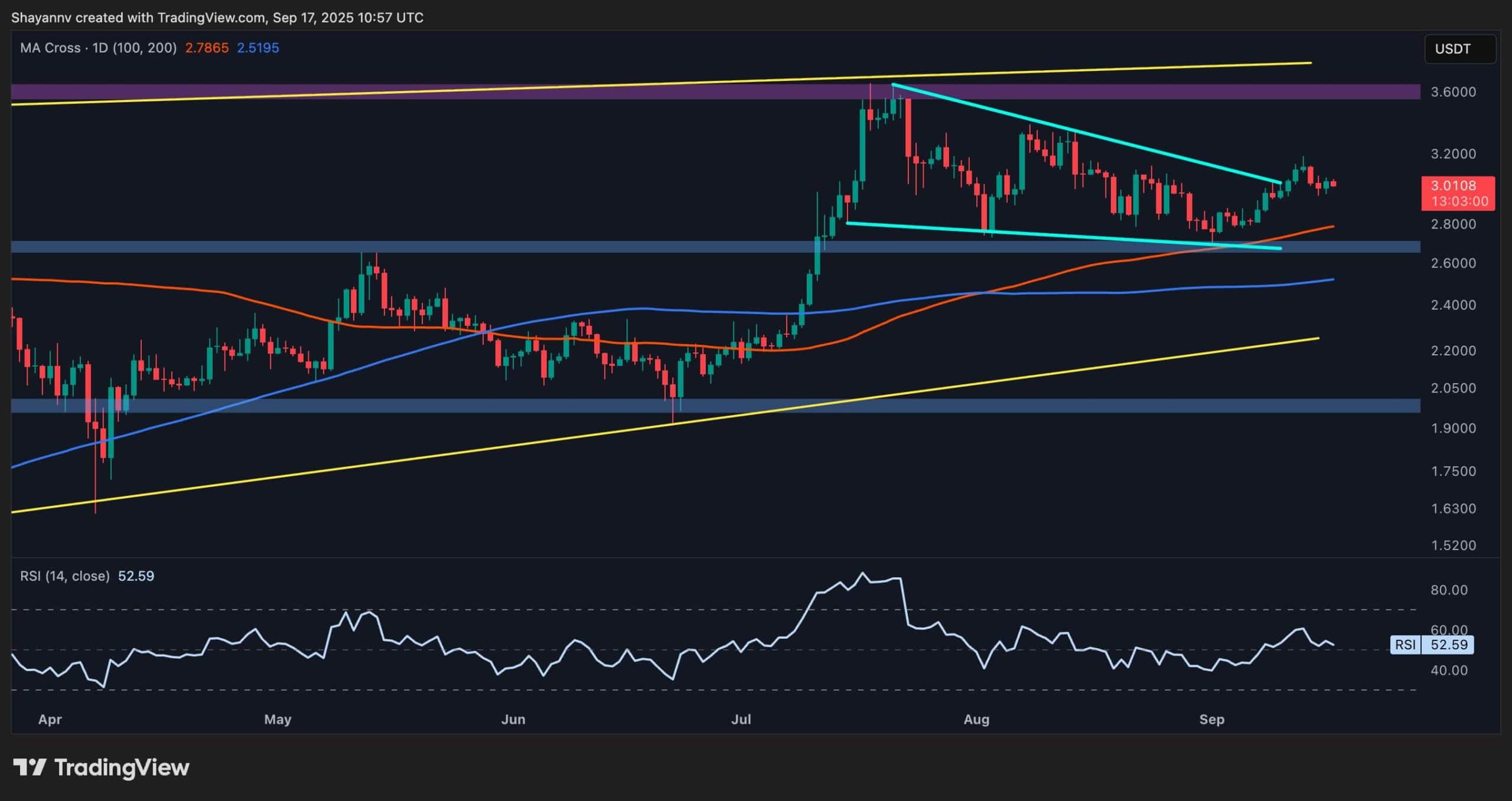On Tuesday, Google announced the Agent Payments Protocol (AP2), which it described as an “open protocol developed with leading payments and technology companies.”
The protocol is designed to enable AI agents to send and receive payments to each other, supporting different payment types such as credit and debit cards, stablecoins, and real-time bank transfers.
“We’re collaborating with a diverse group of more than 60 organizations to help shape the future of agentic payments,” Google executives said.
Some of those partners are big names in crypto, such as Coinbase and the Ethereum Foundation, while others are global payments platforms such as American Express, Mastercard, PayPal, Revolut, and UnionPay.
x402 + @Google just unlocked a new level for AI agents.
Agents can actually pay each other now, with x402 powering the stablecoin rail inside Google’s new Agentic Payments Protocol (AP2). Really cool. pic.twitter.com/R3gj16g3hY
— Brian Armstrong (@brian_armstrong) September 16, 2025
Autonomous AI Payments
Coinbase has been developing its own AI and crypto payment solutions, specifically including support for dollar-pegged stablecoins. Google’s protocol builds on the firm’s Agent2Agent framework from April 2025, anticipating a future where AI agents communicate and transact directly without human intervention.
“The way we built it is from the ground up to factor in both heritage and existing payment rail capabilities as well as forthcoming capabilities such as stablecoins,” head of Web3 at Google Cloud, James Tromans, told Fortune.
AP2 is designed as a universal protocol, “providing security and trust for a variety of payments like stablecoins and cryptocurrencies,” the firm stated. It aims to accelerate support for the Web3 ecosystem through a production-ready solution for agent-based crypto payments.
“Extensions like these will help shape the evolution of cryptocurrency integrations within the core AP2 protocol.”
The system builds trust by using “Mandates,” which are tamper-proof, cryptographically-signed smart contracts that serve as verifiable proof of a user’s instructions.
These Mandates address the two primary ways a user will shop with an agent: real-time purchases with the human present, and delegated tasks which the agent will handle.
The Future of Shopping
AP2 also enables sophisticated autonomous commerce such as “smart shopping,” where AI agents monitor availability and execute purchases when conditions are met.
It can also seek out personalized offers with agents contacting merchants with specific details and time frames for the item wanted.
AI agents can also carry out coordinated tasks such as booking flights and hotels with multi-vendor transactions simultaneously.
This week, the Ethereum Foundation also announced the formation of a new team to work on agentic AI payments for the Ethereum network.
The post Google Becomes Latest in Agentic AI Stablecoin Payments Race appeared first on CryptoPotato.


